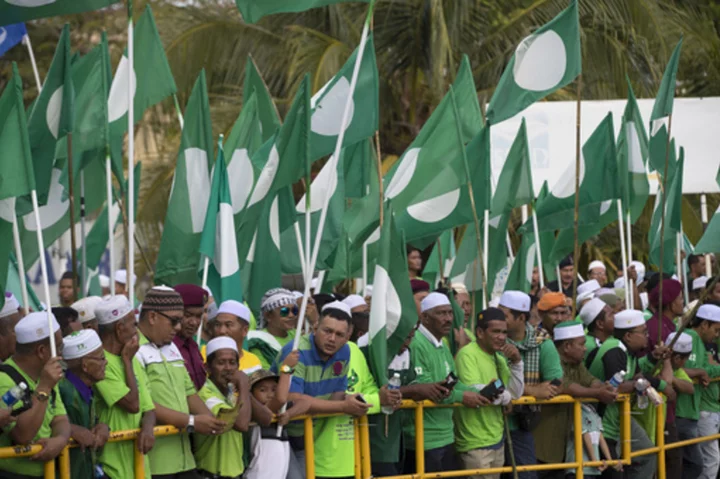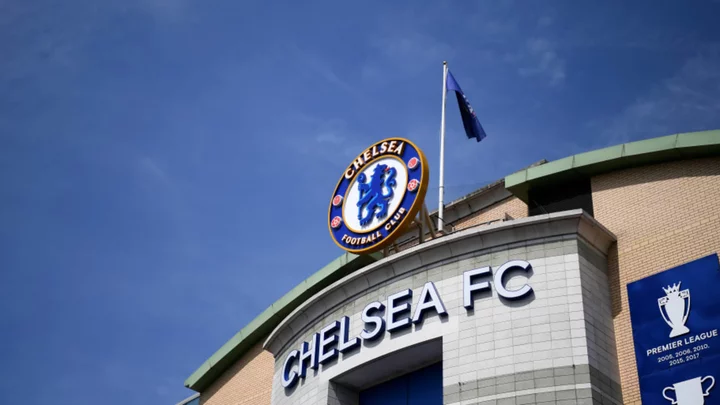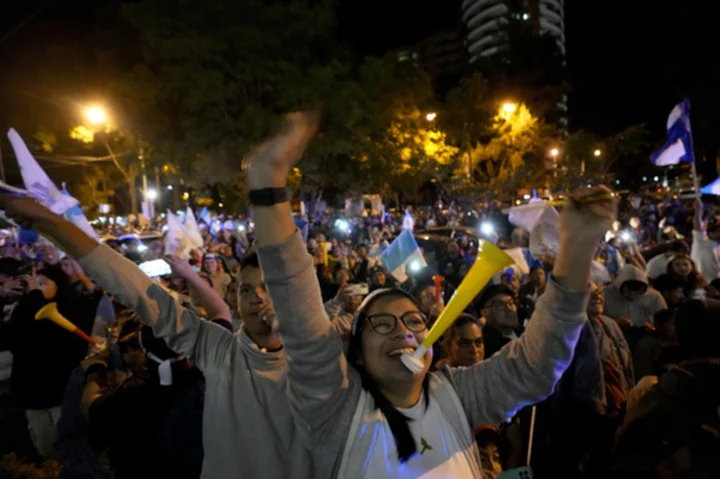KUALA LUMPUR, Malaysia (AP) — Less than a year after taking office, Malaysian Prime Minister Anwar Ibrahim faces a critical first test in state elections next month that pits his government against a powerful Islamic opposition.
Election Commission chief Abdul Ghani Salleh said Wednesday that over 9.7 million voters will head to the ballot box on Aug. 12 to elect 245 assemblymen for six states.
While state elections generally do not affect the federal government, it will be closely watched as a gauge of support for Anwar’s unity government that was f ormed after a divisive general election in November.
Anwar’s multiethnic Pakatan Harapan (PH) alliance won the most seats in November polls but fell short of a majority after many ethnic Malays threw their support behind the Perikatan Nasional (PN) bloc led by former Prime Minister Muhyiddin Yassin. The PN bloc includes the conservative Pan-Malaysian Islamic Party (PAS), that unexpectedly rose to become the single largest party in Parliament.
Anwar clinched the premiership after securing the backing of a once-dominant rival, a coalition led by the United Malays National Organization and other smaller parties for a majority to form a unity government. The tie-up between Anwar's PH and the UMNO-led Barisan Nasional was once unthinkable in Malaysian politics, which has been shaped by long rivalry between the two parties.
“The state elections is the first test of popularity for the unity government on a rather nationwide scale, virtually half of Malaysia,” said Ahmad Fauzi Abdul Hamid, a political science lecturer at the University of Science, Malaysia. “It’ll test whether the people, especially PH and BN’s supporters who have long regarded each other as rivals, welcome such cooperation or not.”
The formation of Anwar’s unity government came at the behest of the country’s king, who wanted to break the deadlock over the hung Parliament and create stability after a period of political turmoil. Malaysia has had three prime ministers in the past four years before November polls as lawmakers switched allegiance for political mileage.
Anwar’s rise to the top job caps a roller-coaster political journey of more than two decades and has eased fears over greater Islamization. His main challenge has been to strengthen his appeal among ethnic Malays, many who view Anwar as too liberal and fear their Islamic identity and economic privileges under a decades-old affirmative action program may be chipped away. Malays form two-thirds of Malaysia’s 33 million people, which include large ethnic Chinese and Indian minorities.
PAS, which aims to create a theocratic state, has stepped up racial and religious rhetorics in recent months as it seeks to expand its influence and show that the unexpected wave of Malay support it won in November was more than a fortuity. Once confined to rural areas, PAS made strong gains in urban areas to win 49 out of 222 Parliamentary seats. It has also not hide its ambition of trying to topple Anwar by gaining support of government lawmakers.
The elections next month will be held in Penang, Selangor — two of the country’s richest states — and Negeri Sembilan that were controlled by Anwar’s PH alliance as well as in the rural states of Kedah, Kelantan and Terengganu ruled by PAS. Most analysts believe this would remain status quo in the polls, but some say PAS could make further dents on PH's hold in the three states.
"If PN were to sweep five or all six state governments, the federal government will immediately become shaky, as many Malay MPs may be tempted to switch their support, thereby bringing about the downfall of the Anwar government,” said Oh Ei Sun with Singapore’s Institute of International Affairs
It may not be easy as Anwar's government has a two-thirds majority in Parliament, the strongest ever in 15 years. Many are also wary of triggering another bout of political unrest amid a slow economic recovery.
A lot will depend on UMNO's performance. The UMNO-led coalition ruled Malaysia since the country's independence from Britain in 1957 until its downfall in 2018 general election amid anger over government corruption. UMNO's president, who is now one of Anwar's two deputies, is on trial for graft. If UMNO performs badly, analysts said it could trigger a revolt by anti-Anwar factions and lead to a rethink of their alliance.
“The polls are mainly a battle for Malay votes as both sides realize that the stability of any government in Malaysia rests on support from Malaysia’s majority community,” said analyst Ahmad Fauzi.









